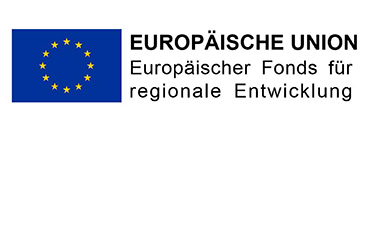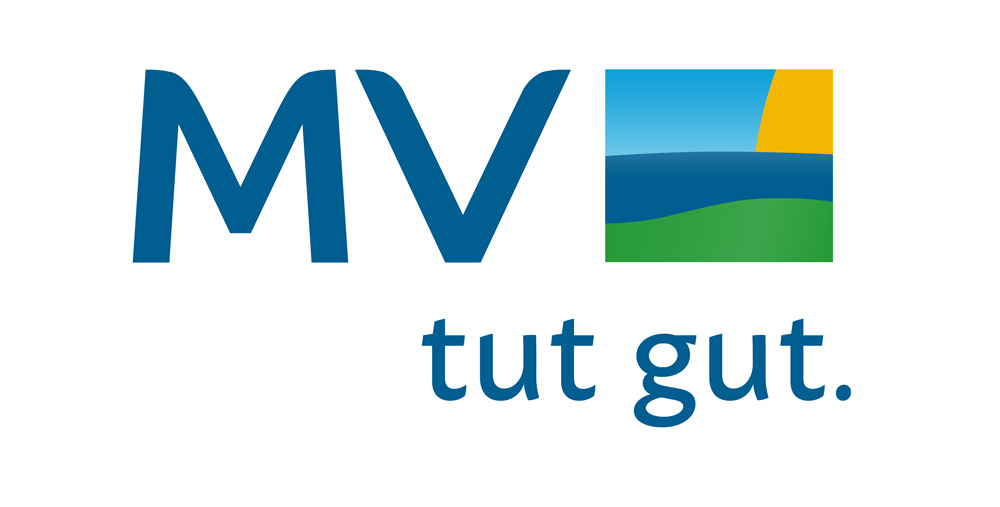The ASSESS-MED lab is part of the Department of Extracorporeal Therapy Systems of Fraunhofer IZI. The lab offers standardized, industry-focused research in the field of blood purification to support faster transfer of new technologies into the market.
The lab performs manufacture-independent testing of blood purification devices like dialyzers, filters, adsorbers and is prepared to assess medical devices according to DIN EN ISO 8637-1:2020.
Furthermore, a broad range of research questions can be addressed in close collaboration with additional facilities of the Fraunhofer Institute. The core competences of this team are complemented by close links to the University Medicine Rostock, especially the Section of Nephrology.

